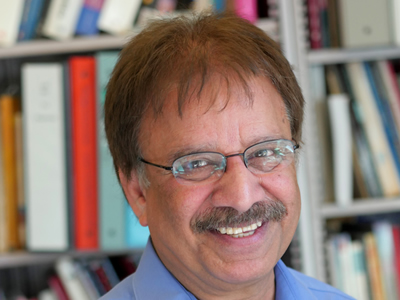Art Museum Announces Charlotte Bingham ’27 as 2025-26 Luise and Morton Kaish Fellow
The Syracuse University Art Museum has announced Charlotte Bingham ’27 as the 2025-26 Luise and Morton Kaish Fellow. Through the philanthropic gift of Syracuse University alumni and prominent artists Luise ’46, G’51 and Morton Kaish ’49, the Kaish Fellowship program was established in…


